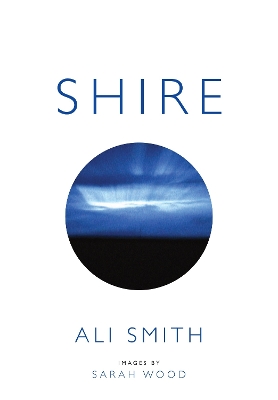Reviewed by brokentune on
However, the book holds some interest for me as the stories about Olive Fraser and Smith's meeting with Fraser's friend and biographer Helena Mennie Shire, and of course Smith's own story, reference a lot of places that are quite close to me.
Aberdeen University is literally a ten minute walk away. Cornhill Hospital, where Olive Fraser was a patient for a period of time, is a place I pass by several times a week. Inverness and Nairn are both in easy reach.
And, yet, there is more that moves me about the stories than just passing familiarity with the locations. I was intrigued, too, by Fraser's poetry and how it reflected her state of mind - or rather her different states of mind. The treatment for a mis-diagnosed mental condition she received strongly reminded me of a favourite author of mine who suffered the fatal consequences of a similar mis-diagnosis only some thirty-odd years earlier.
The friendship between the two writers, Fraser and Shire, would play a part in motivating Smith to pursue her own writing.
It is maybe in this context, too, that the last of the four stories - The Wound - was conceived. Like all of Smith's works, Shire is a book about the power of words and language and art. The power to transform. And just as Helena Shire had dedicated her working life to investigate and uncover medieval and renaissance Scots text which would transform the understanding and context of the known interpretation of text from that era, so Smith's story tells of a transformation of man by a self-inflicted admission of vulnerability.
Anyway, I had not heard of either Olive Fraser or Helena Shire, but now all I really want to do is to browse the archives at Aberdeen University library and find out more about them.
Reading updates
- Started reading
- 5 June, 2015: Finished reading
- 5 June, 2015: Reviewed
